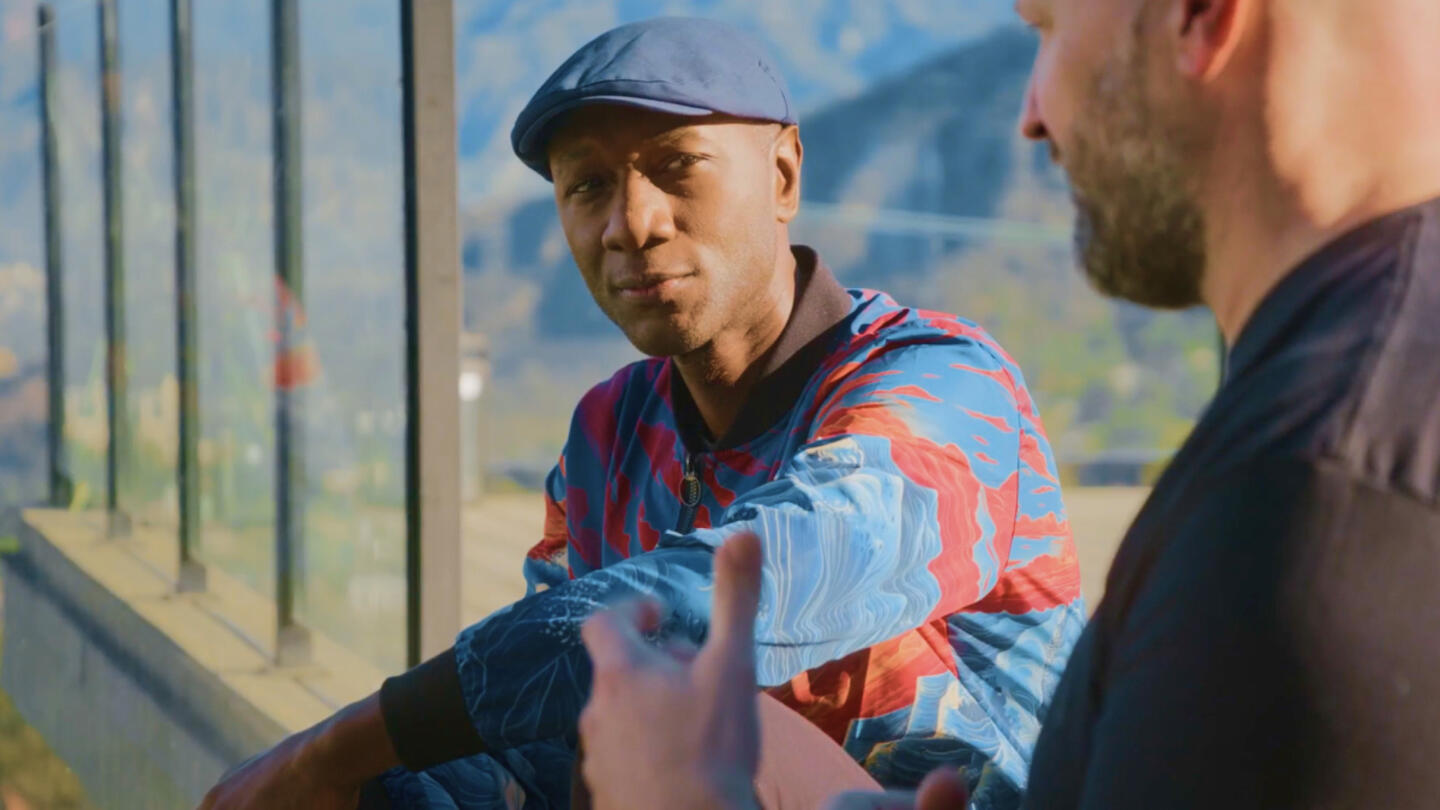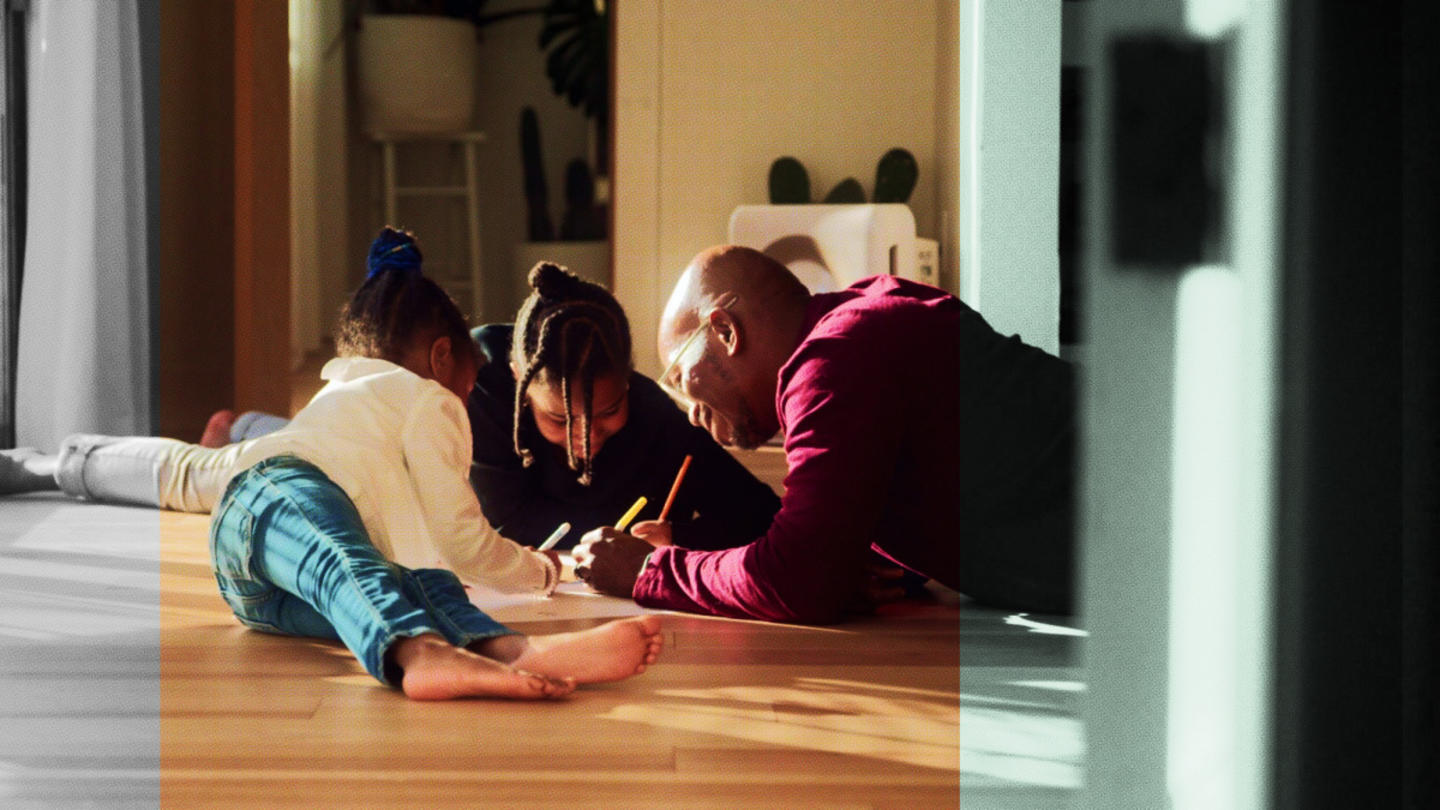Foster care in the United States serves more than 400,000 children. It is meant to offer temporary stability and security, but the system and the families who serve inside it are overburdened. The result? Kids suffer.
The statistics are stark: Children who have been in foster care account for 50% of people experiencing homelessness and 60% of child sex trafficking victims. Of foster children who have had five or more placements, 90% will come into contact with the juvenile justice system before leaving child welfare.
We can and must do better. The following three organizations see this and are transforming the system. They are rethinking how to support children and their families in new, innovative ways. Whether it's technology, community, better support for foster parents, or rethinking how to support family reunification, they are leveraging community-based support to empower each child with a more stable springboard from which to leap into life.
1. How technology can foster more connection
Businesses like Uber and Airbnb have used technology to share rides and homes, creating more accessible and affordable options for millions. So why can’t we do the same for children before they need to be placed in foster care?
CarePortal is creating a care-sharing network — a collection of child and family welfare agencies, individuals, businesses, and faith communities that enables the most vulnerable to share their needs with caring people in local communities who want to help.
When a child or family needs support, social workers, law enforcement, or community centers can leverage the CarePortal app to help them source what they need from the mobilized community. The system alerts churches and community members who have agreed to help at short notice. It takes less than 48 hours to get a response. Once a church member (or several) responds that they can assist, that person coordinates gathering what is needed to help the child and family, such as tangible items like food, medical supplies, or clothing.
While the provision of physical goods goes a long way, the opportunity for meaningful connection between families in crisis and those who want to help is the ultimate goal. When that happens, families gain the relationships and support they need to move away from crisis.
The results are promising: 91% of agency workers focused on prevention and placement preservation agreed that meeting the CarePortal request helped prevent the child or children from entering foster care.
“What’s missing is connection,” said Adrien Lewis, founder and chief innovation officer of CarePortal. “We use technology to make real-time care connections for kids and families in crisis. Connections that can change lives, transform communities, and reverse the foster care crisis in our nation.”
2. Consistent care and stability is needed for the entire foster family
The volunteer caregivers at National Angels believe that interpersonal bonding is at the heart of long-term happiness for children.
While ideally, fewer children would be placed in foster care, there are instances when it’s unavoidable. Temporary placement is hard. Both families and the children in temporary care need support and consistency.
National Angels does this by wrapping its arms around kids and foster families to help bolster consistency and stability during their time in the system. Up to 92% of carers using the Angels program reported that the Angels staff gives them resources, tools, and strategies to help them care for their family.
At the heart of this help is consistency. National Angels’ mission is to walk alongside children and youth in the foster care community by offering consistent support through personalized care packages, interpersonal bonding, and support for children to achieve tailored goals and skills.
One example of authentic relationship building can be seen in the Grandma Brigade, a collective of four volunteer grandmothers at National Angels who recently served a family for over a year, assisting with things like home-cooked meals, back-to-school shopping, playtime — even babysitting the children while the parents had a date night. “Being part of their extended family has truly been a blessing,” said one of the grandmothers.
The transition into foster care can be traumatic and difficult for children, which is why National Angels seeks to provide a sense of normalcy and routine. This has been shown to play an important role in identity formation and success in adulthood.
Sign up for the Strong & Safe Communities newsletter for stories, ideas, and advice from changemakers working with their neighbors to address the biggest problems we face.
3. A friend for life is the best thing for kids
Friends of the Children is a national nonprofit that provides relational stability and support for youth at high risk of entering foster care or who are already involved in the child welfare system.
Rather than just supporting participants through a short-term rough patch, FOTC sets youth up for success by establishing a long-term commitment of 12 years. By teaming up with existing child welfare systems, schools, and community-based organizations, children ages 4-6 are paired with a professional mentor — also referred to as a Friend — who stays with them from kindergarten to high school graduation. National CEO Terri Sorensen calls it "mentoring on steroids."
Jimmy met his mentor at the age of 8. Every male member of his family had spent time in prison, and his father died when Jimmy was just 2. Even at the young age of 8, he was determined not to follow in their footsteps.
“I saw so much that a kid should not see,” said Jimmy. “There was a lot of drug addiction and mental illness in my environment growing up. The real miracle with my mentor was that there was no judgment and he could see my world and not be afraid.”
His mentor, John, took him to basketball games and snowboarding, but a turning point came when Jimmy was 14. Jimmy’s grandmother, his legal guardian, died, and no one in Jimmy’s family volunteered to take him in. John stepped up and cared for him, helping Jimmy become emancipated and take ownership of his life.
"It's the relationship that allows the Friend to create resilience in the children, which is how they change and thrive," said FOTC founder Duncan Campbell.
These long-term relationships allow Friends to demonstrate skills to their mentees and go much deeper, finding a child's "spark" and nurturing their unique talents and visions. The child is empowered and equipped to pursue the life they want for themselves, even after their time in the program has ended.
Jimmy is an adult with his own family now and works for a high-end legal firm in Oregon, advocating for those who are going through what he did. Even though John is no longer on staff with FOTC, he has still been a huge part of Jimmy’s life.
“Without this program, I would be in jail or addicted to drugs,” said Jimmy. “My kids will never have to experience that.”
Jimmy is evidence that relationships are at the core of programmatic success — and there are more numbers to back this up. Of youth paired with a Friend, 83% graduate high school, compared with only 55% without a Friend. Also, 93% of youth with Friends avoid the juvenile justice system, compared with 74% without Friends.
FOTC’s theory is that supporting children early in life has a cascading effect on their future families, which can create better communities. It all happens one relationship at a time.
The building blocks that create a community for life
Although these three organizations operate very differently, they all have the same goal for those who find themselves in need of assistance: to strengthen and support families that are best positioned to help children thrive.
Whether it’s some home cooking, a ride to school, or a safe place for children to stay while parents find the strength to build themselves back up, these nonprofits take an individualized, relational tack that serves the needs of each family. With these compassionate, trusting approaches, the responsibility and need for the specialized involvement of the child welfare systems will be reduced and the next generation can be better positioned to reach their full potential.
By cultivating relationships and providing individualized care, communities can be more impactful in transforming the futures of children and families through deep, supportive, and meaningful connections.
***
These organizations are supported by Stand Together Foundation, which partners with the nation’s most transformative nonprofits to break the cycle of poverty.
Learn more about Stand Together’s efforts to build strong and safe communities, and explore ways you can partner with us.

At this ‘resort,’ children with intellectual disabilities are seen as gifts to be celebrated and loved.

Veterans experience loss when leaving service. Could this be key to understanding their mental health?

The Grammy-nominated artist is highlighting the stories we don’t get to hear every day.

With his latest project, Blacc isn’t just amplifying stories — he’s stepping into them
